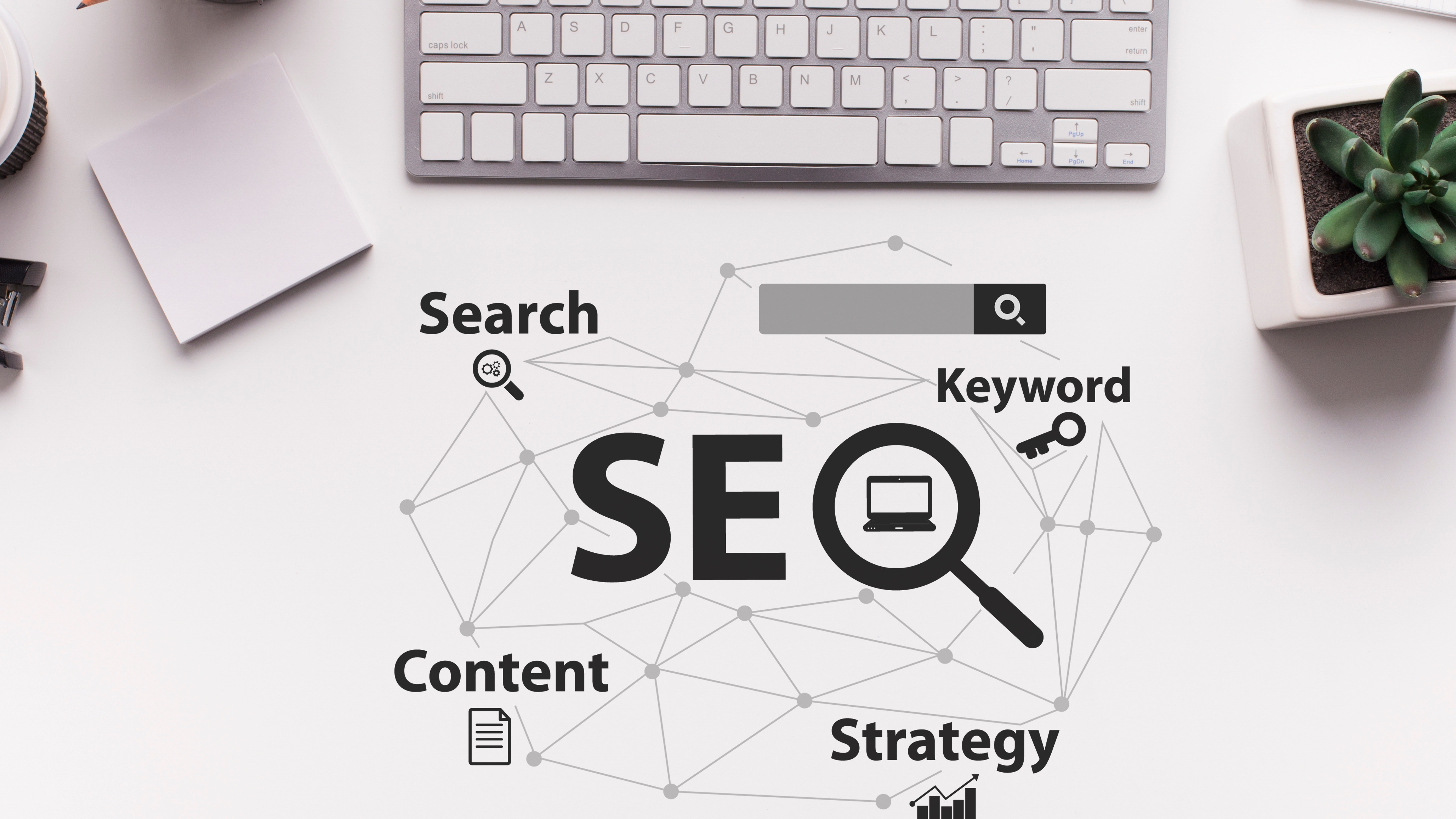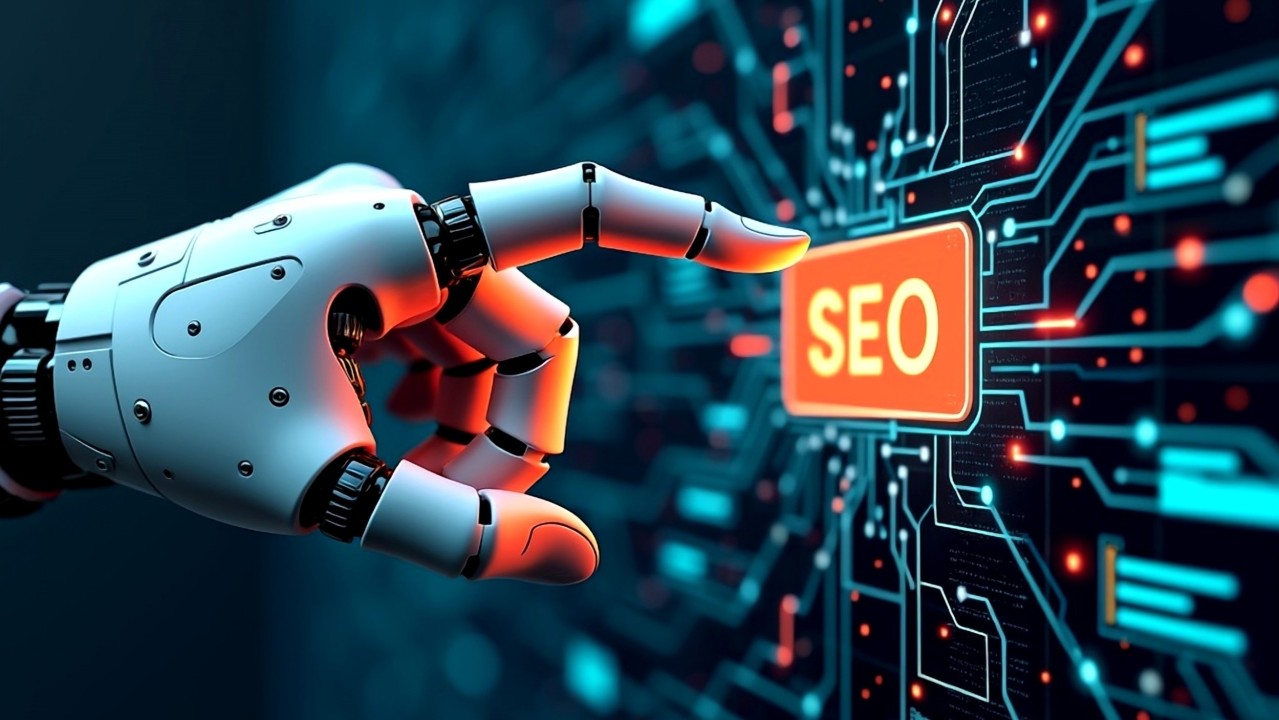News
Semantic Search and AI: Redefining SEO in 2023
In the dynamic world of digital marketing, the evolution of search engine optimisation (SEO) has been both rapid and revolutionary. As we venture deeper into 2023, the intersection of Semantic Search and Artificial Intelligence (AI) is fundamentally reshaping how SEO strategies are developed and implemented.
This article explores this confluence, examining its implications for businesses and marketers in the UK and beyond.
Understanding Semantic Search
To comprehend the impact of AI on SEO, we first need to delve into the concept of Semantic Search. Traditionally, search engines relied heavily on keywords to deliver results. However, this approach often led to a disconnect between the user’s intent and the search results. Semantic Search seeks to bridge this gap by understanding the context and intent behind a user query, thereby offering more relevant and personalised results.
In recent years, major search engines like Google have made significant strides in Semantic Search. The introduction of Google’s Hummingbird algorithm in 2013 marked a paradigm shift from keyword-focused search to intent-driven search, signalling the beginning of a new era in SEO.
The Role of AI in Semantic Search
Artificial Intelligence, particularly in the form of machine learning and natural language processing (NLP), plays a pivotal role in powering Semantic Search. AI algorithms can interpret and understand human language nuances, allowing search engines to process search queries in a more human-like manner.
In the context of SEO, this means that simply stuffing web content with keywords is no longer effective. Instead, content must be relevant, contextually rich, and valuable to the user. A study by BrightEdge showed that over 51% of all web traffic in the UK comes from organic search, underscoring the importance of aligning SEO strategies with these advanced AI-driven search capabilities.
AI’s Impact on Keyword Research and Content Creation
In 2023, AI tools have transformed keyword research from a simplistic process into a sophisticated strategy that focuses on topic clusters rather than isolated keywords. These tools can analyse search trends, user behaviour, and even competitor content to identify themes and topics that resonate with audiences.
Moreover, AI-driven content creation tools are now capable of generating content that’s not just SEO-friendly but also user-focused. They can suggest content structures, styles, and tones that align with user intent, significantly improving the chances of ranking higher in search results.
Personalisation and User Experience
A key benefit of AI in SEO is the ability to offer personalised experiences to users. By analysing user data and behaviour, AI can help tailor content to meet individual preferences and needs. This personalisation extends beyond content to include personalised search results, product recommendations, and even customised user interfaces.
The impact of this personalisation is evident in user engagement metrics. According to a report by Econsultancy, businesses that prioritised personalised customer experiences saw an increase in customer satisfaction by up to 20% in the UK.
AI and Voice Search Optimisation
The proliferation of smart speakers and voice-activated devices has given rise to voice search, a trend that’s significantly influenced by AI. In voice search, the way queries are phrased is conversational and natural. AI’s ability to understand these conversational tones is crucial for optimising content for voice search.
Businesses must now consider how their target audience might phrase queries verbally and ensure their content addresses these conversational queries. This shift requires a deeper understanding of the target audience’s language and behaviours, a task where AI excels.
Predictive Analytics and SEO
AI-powered predictive analytics is another groundbreaking advancement in SEO. By analysing past user behaviour and other data sets, AI can predict future trends and user actions. This predictive insight enables marketers to stay ahead of the curve, optimising their content and SEO strategies proactively rather than reactively.
Predictive analytics can identify potential new markets, emerging trends, and user needs, allowing businesses to tailor their content and SEO strategies accordingly. This foresight is invaluable in a digital landscape where staying ahead of consumer trends is key to maintaining relevance and competitiveness.
Ethical Considerations and Future Trends
As AI continues to redefine SEO, ethical considerations, particularly around data privacy and AI bias, become increasingly important. In the UK, compliance with regulations such as the GDPR is crucial. Businesses must ensure that their use of AI in SEO respects user privacy and data protection laws.
Looking to the future, we can expect further advancements in AI that will continue to transform SEO. Areas like augmented reality (AR) and AI-driven video content optimisation are poised to become significant trends in the coming years.
The integration of Semantic Search and AI represents a seismic shift in the world of SEO. As we navigate through 2023, it’s clear that businesses and marketers must adapt to these changes to remain competitive. Embracing AI in SEO doesn’t just mean keeping up with technological advancements; it’s about understanding and anticipating user needs and behaviours.
In this new era, the synergy between AI and human insight will be the cornerstone of successful SEO strategies, driving both user satisfaction and business growth.





The Ultimate Social Media Guide
With the ever-growing power of social media, we use the latest techniques, video, and animation software to craft eye-catching social media assets that make your brand pop. Our designers, wielding Adobe Creative tools, create distinctive animations and graphics to illuminate your brand story and highlight your products or services. Want a unique design? No problem – we also offer bespoke designs to match your brand aesthetic.